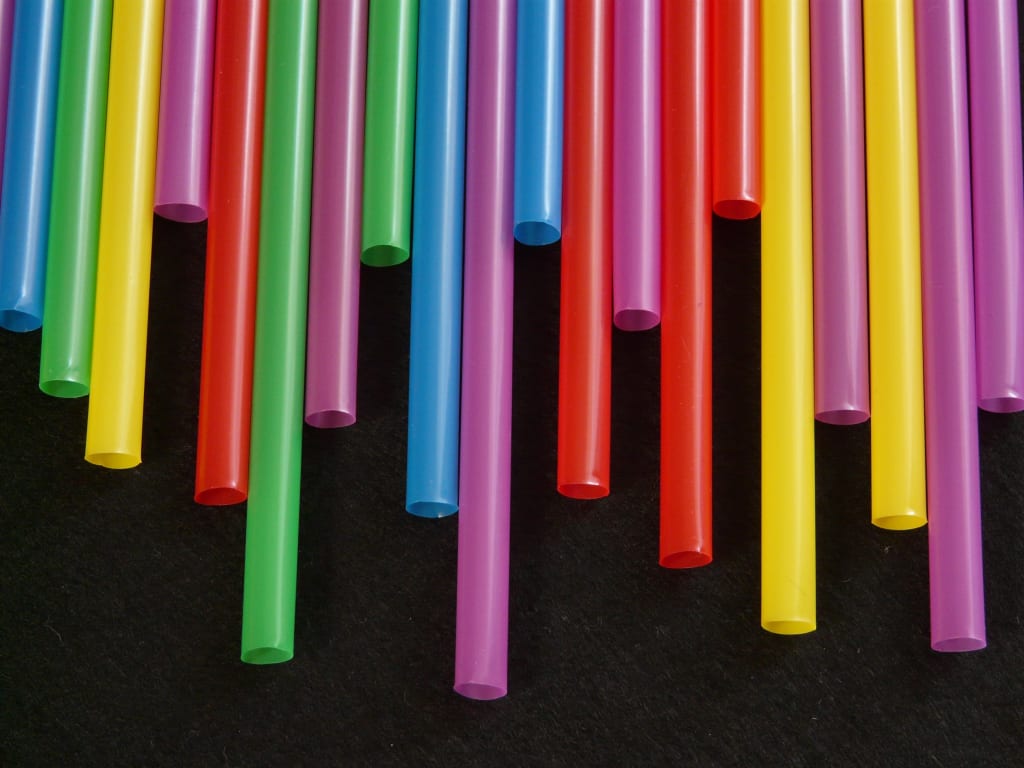What is plastic made of? How is plastic recycled?
What is plastic simple definition?

What is plastic made of?
Plastic is a synthetic material that is made from a wide range of organic polymers, such as polyethylene, PVC, nylon, and many others. These polymers are derived from a variety of sources, including petroleum, natural gas, and coal.
Plastic is a versatile material that is used in a wide range of products, including packaging materials, bottles, containers, toys, construction materials, and many other products. It is known for its durability, flexibility, and low cost, and it is widely used in a variety of industries.
Plastic is made through a process called polymerization, in which molecules of monomers, such as ethylene or PVC, are linked together to form long chains of polymer. The type of polymer and the specific manufacturing process used determine the properties of the plastic, such as its strength, flexibility, and durability.
Plastic has become a popular material due to its versatility and low cost, but it has also been criticized for its environmental impacts. Plastic production and disposal can contribute to air and water pollution, and many types of plastic do not biodegrade and can persist in the environment for hundreds of years. There is a growing emphasis on reducing plastic use and improving plastic recycling to address these environmental concerns.
What is a plastic simple definition?
Plastic is a synthetic material that is made from a wide range of organic polymers, such as polyethylene, PVC, nylon, and many others. It is a versatile and widely used material that is known for its durability, flexibility, and low cost. Plastic is used in a wide range of products, including packaging materials, bottles, containers, toys, construction materials, and many other products. It is made through a process called polymerization, in which molecules of monomers are linked together to form long chains of polymer. Plastic has become a popular material due to its versatility and low cost, but it has also been criticized for its environmental impacts, including pollution and waste.
Why is plastic a pollution?
Plastic is a widely used and versatile material that is known for its durability, flexibility, and low cost. However, it has also been criticized for its environmental impacts, including pollution and waste.
One of the main environmental concerns associated with plastic is the pollution caused by plastic production, use, and disposal. The production of plastic involves the use of fossil fuels, such as oil and natural gas, which can contribute to air pollution and greenhouse gas emissions. The use of plastic also generates waste, and many types of plastic do not biodegrade and can persist in the environment for hundreds of years.
Plastic waste can have a range of negative impacts on the environment. It can litter landscapes and waterways, harming wildlife and ecosystems. It can also break down into smaller pieces, called microplastics, which can be ingested by animals and enter the food chain. In addition, plastic waste can take hundreds of years to decompose, and it can contribute to the buildup of waste in landfills.
Overall, plastic is a widely used and versatile material, but it is important to carefully consider the environmental impacts of plastic and to take steps to reduce plastic pollution and waste. This can include reducing plastic use, improving plastic recycling, and adopting alternatives to plastic when possible.
How is plastic recycled?
There are several steps involved in the recycling of plastic:
- Collection: Plastic waste is collected and transported to a recycling facility. This can be done through curbside pickup programs, drop-off centers, or other collection systems.
- Sorting: At the recycling facility, the plastic waste is sorted into different types and grades based on the type of plastic and its condition. This is typically done by hand or using machinery, such as air classifiers or infrared sensors.
- Shredding: The sorted plastic is then shredded into small pieces, which makes it easier to process and reduces the volume of the material.
- Washing: The shredded plastic is then washed to remove impurities, such as labels, dirt, and food residues. This is typically done using water and detergents.
- Drying: The washed plastic is then dried to remove any remaining moisture.
- Melting: The dried plastic is then melted down into a liquid form, which allows it to be molded into new products. This is typically done using heat and pressure.
- Molding: The melted plastic is then molded into new products, such as bottles, containers, and other items. The specific process used depends on the type of plastic and the desired end product.
- Finishing: The molded plastic is then finished and prepared for distribution to consumers.
Plastic recycling is an important way to reduce waste and pollution, and it can also conserve natural resources, such as oil and natural gas, which are used to make new plastic. However, not all plastic is recyclable, and the recycling process can be energy-intensive and produce emissions. It is important to carefully consider the environmental impacts of plastic recycling and to take steps to improve the efficiency and sustainability of the process.
For more information : Click here
About the Creator
Being Inquisitive
Blogging can provide a creative outlet for expressing your thoughts, feelings, and ideas. It can be a way to share your passion and interests with others and to engage with like-minded individuals.






Comments
There are no comments for this story
Be the first to respond and start the conversation.